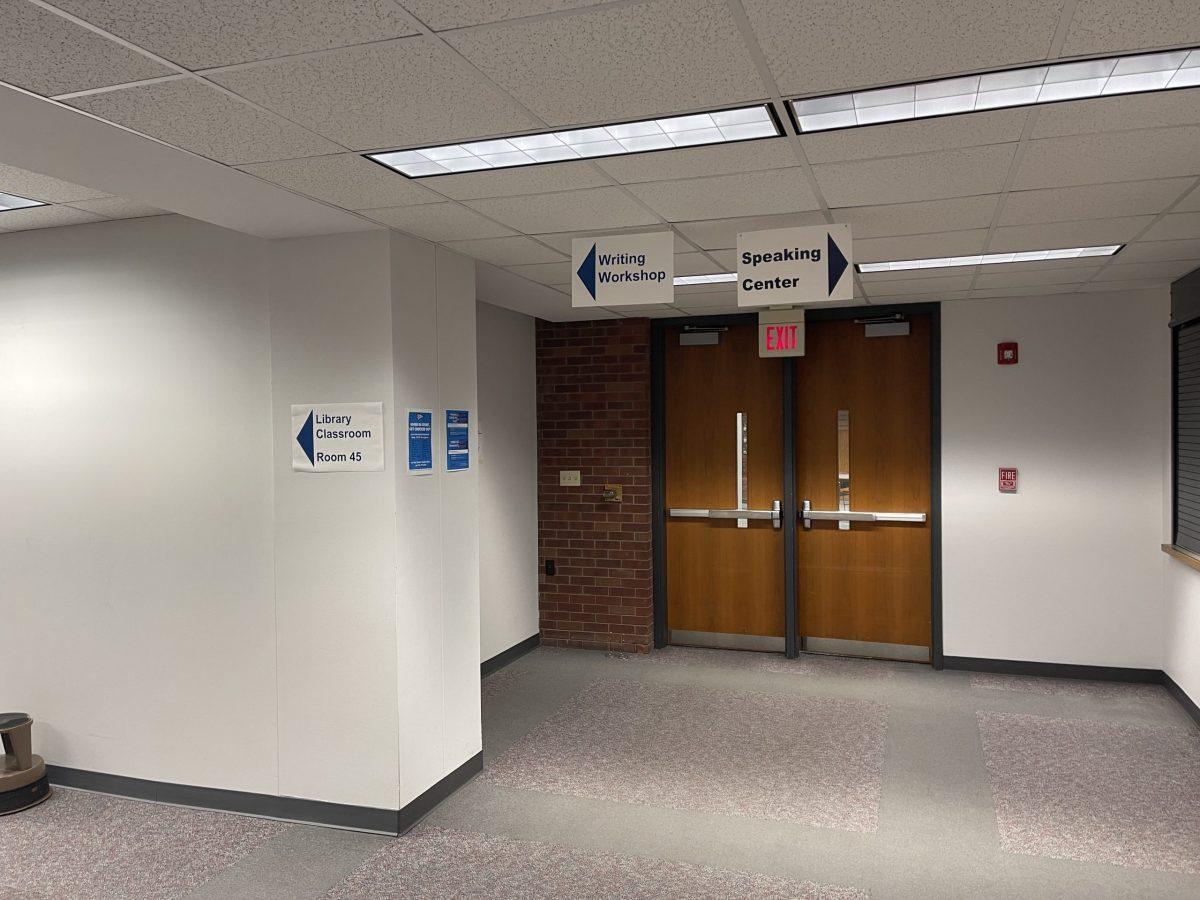Drake’s tutoring center has introduced group tutoring for chemistry this semester after reevaluating its budget. The new format involves fewer hours for tutors to work, but it will allow more students to receive tutoring at a time.
“We are not anticipating needing additional funding to support services this spring,” Drake Access and Success coordinator Laura Shell wrote in an email.
While some subjects used more than half of their budgets last semester, others used less and will not see as many changes. Shell wrote that funding for the tutoring program comes from Drake Academic Excellence and Student Success.
“We budget on an academic year calendar and are making some adjustments for the spring semester to ensure that we stay within budget for each subject,” Shell wrote. “Every subject has different scheduling capacity, and we adjust semester by semester to ensure that we don’t go over budget.”
Generally, tutors work for up to five hours per week in the tutoring center. This semester, while some tutors might work fewer hours, they can still assist the same number of students because of the introduction of group tutoring, Shell said in an interview.
“We used more individual tutoring last fall for chemistry,” Shell said. “This spring we’ve really moved to group tutoring.”
Students can sign up for tutoring on the Starfish online scheduling portal. Shell said last semester, only two students could sign up with a tutor in an hour.
“Now we have the option that we can get up to 10 students for support in that same hour,” Shell said.
Shell said this method can be more efficient because multiple students often have the same questions. She said that subjects like general chemistry will use this method because of the high number of students who request tutoring in that subject.
“In addition to being a cost-effective approach, it provides students an opportunity to engage with their peers and learn together,” Shell wrote.
Gathering groups of students together may pose some difficulties for tutors.
“The challenge will be if the students all have different questions, we might not be able to cover everything within the hour,” chemistry tutor Kathryn Reiman wrote in an email. “Some students may just need 1 on 1 time to go over concepts, but I think it may also be helpful for students to listen to other students’ questions, and possibly help each other work through them.”
Reiman wrote that in the previous format, she could tutor four students in two hours, but that with the new format, she can tutor five students in a group at a time.
Over the course of the fall semester, Shell said there were 1,525 tutoring appointments made, an additional 700 appointments in the Writing Workshop and 87 appointments in the speaking center.
Since tutors cannot work as many hours at the tutoring center, some may work more hours at their other on-campus jobs this spring.
“I work at the front desk in Jewett residence hall so I took more hours [this semester],” chemistry tutor Ana Kirillov said.
Regardless of the changes being made this semester, Shell emphasized that the tutoring center remains a resource for students to use.
“We also know that there are still students who are out there and they’re struggling through this without the support of tutoring,” Shell said. “We want to support you and see you succeed. That’s why we offer tutoring.”







